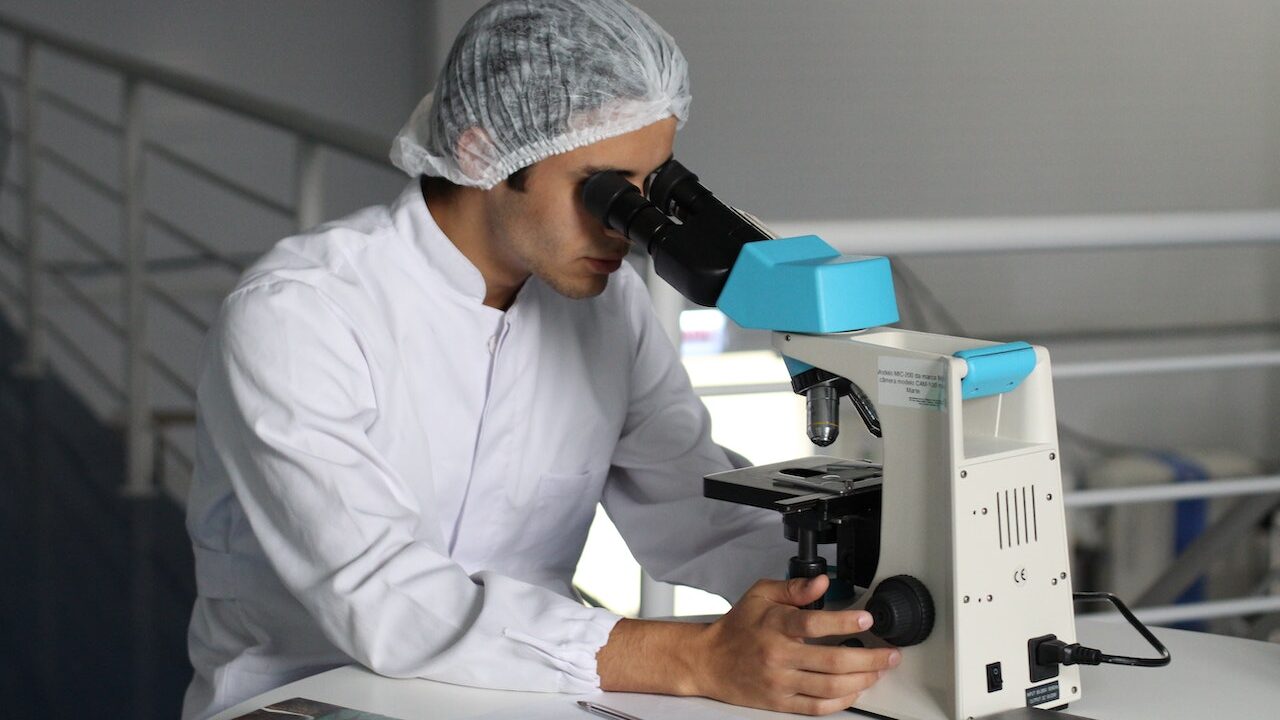
In recent years, the healthcare business has seen enormous technological developments that have revolutionised patient care, medical research, and overall healthcare management. The rate of innovation shows no signs of stopping as we approach 2023. A plethora of developing technology promises to transform the healthcare sector, providing new potential to improve efficiency, patient outcomes, and access to quality healthcare services.
Healthcare And Technology
The healthcare sector is always changing—and not just the healthcare providers and providers themselves. It is how patients communicate with their doctors and other medical professionals, as well as how medical history information is preserved. Here are some of the most cutting-edge technology that will be available at doctors’ offices (and homes) in 2023:
Digital Orthodontic X-rays
Dental x-rays were formerly taken by exposing film to radiation, which was then developed and viewed. Dental x-rays are now recorded electronically and saved on a computer using digital imaging technology. This enables instant image viewing, easier image storage and retrieval, and the capacity to edit images for more extensive study.
Digital imaging has numerous advantages over traditional film-based methods. Digital sensors produce photos with higher resolution than film. According to Daniel Tan, the sensitivity of digital sensors is also higher, thus each X-ray exposure requires less time. This decreases both the patient dose and the radiation exposure for dental professionals and anyone in the room during treatment. In addition, digital picture processing is far faster than scanning film strips through a reader or using an old-fashioned light box.
Integration of AI
AI has been utilised in health care for many years, and its use will only grow in the future. Artificial intelligence-powered applications are increasingly being utilised to make suggestions and judgments, diagnose and treat patients. For example, IBM’s Watson technology has been used to suggest treatment regimens for cancer patients, supplementing or completely replacing the advice of human doctors in some circumstances.
The incorporation of AI into health care will also be seen in patient monitoring: software or applications that automatically detect when someone needs help (such as an alert sent when someone fails to respond to an email) or that knows how well they slept last night (via sleep patterns analysis) could allow for better overall care by suggesting ways for people to improve their lives.
This paper delves into the important health care technology developments that are predicted to dominate in 2023. These trends, which range from cutting-edge medical gadgets to transformative data-driven solutions, have the potential to impact the future of healthcare delivery and administration. Each trend’s relevance, potential obstacles, and impact on healthcare professionals, patients, and the industry as a whole will be discussed.
The intersection of technology and healthcare has paved the path for ground-breaking advancements, allowing healthcare professionals to more efficiently detect, cure, and prevent ailments. Furthermore, patients now have more influence over their health thanks to wearable devices and digital health apps that provide real-time information into their health.
In this report, we will look at how AI and Machine Learning (ML) are transforming medical diagnostics and personalised treatment plans, how the Internet of Things (IoT) is enabling remote patient monitoring and smart healthcare devices, and how blockchain technology is improving data security and interoperability.
Furthermore, we will highlight the growing importance of telemedicine and virtual care solutions, which have proven invaluable during global health crises and are set to become fundamental aspects of healthcare delivery after 2023.
As we investigate these health care technology developments, it is critical to consider the potential ethical and regulatory consequences of emerging technologies. Balancing innovation with patient safety and privacy will continue to be a major concern for healthcare stakeholders.
Wrapping Up
Overall, the purpose of this research is to provide a thorough review of the most promising health care technology developments that will affect the healthcare scene in 2023 and beyond. Understanding and embracing these advances will better position healthcare providers to deliver higher quality treatment, improve patient experiences, and generate good outcomes in a fast expanding and technologically advanced society.








